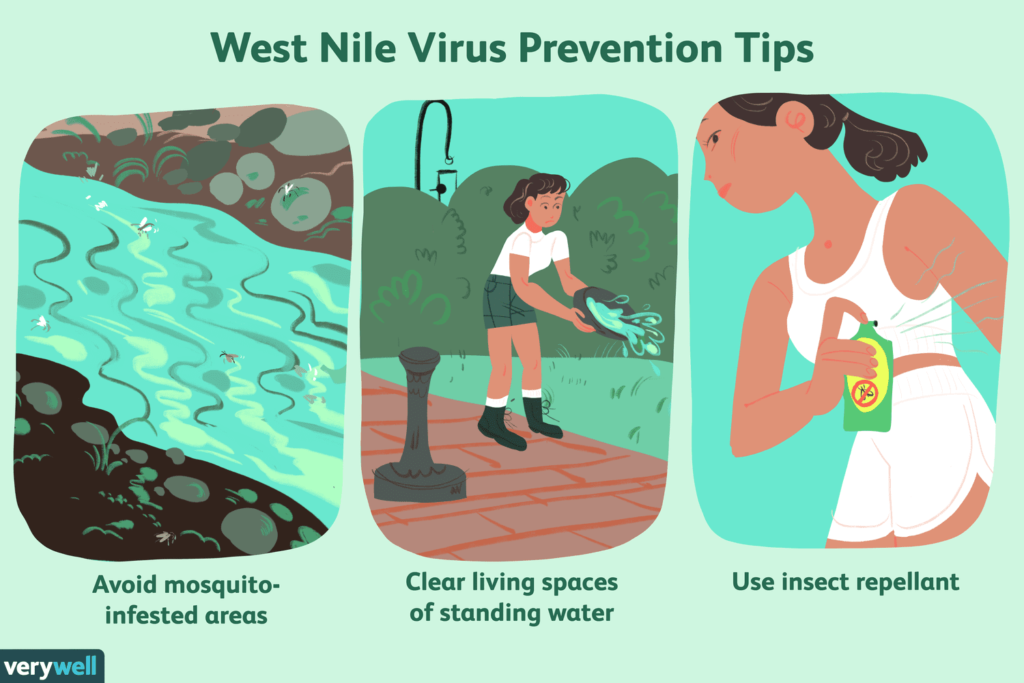West Nile Virus is Present in Local Mosquitoes
|
|

The Hamilton County Department of Health reports that mosquitoes in Anderson Township recently tested positive for West Nile virus. The West Nile Virus is a viral disease affecting the central nervous system that can be transmitted to humans by mosquitoes. The West Nile Virus was first identified in Ohio in 2001.
It is important to note that most people who are bitten by an infected mosquito will never become sick. Everyone, however, should be aware of the symptoms of West Nile Virus, which may develop two to 14 days after someone is bitten by an infected mosquito.
No Symptoms in Most People. Approximately 70-80 percent of people who are infected with West Nile Virus will not show any symptoms at all.
Milder Symptoms in Some People. Up to 20 percent of the people who become infected will display symptoms which can include fever, headache, and body aches, nausea, vomiting, and sometimes swollen lymph glands or a skin rash on the chest, stomach and back. Symptoms can last for as short as a few days, though even healthy people have been sick for several weeks.
Serious Symptoms in a Few People. Less than one percent of people infected with WNV will develop severe illness. The severe symptoms can include high fever, headache, neck stiffness, stupor, disorientation, coma, tremors, convulsions, muscle weakness, vision loss, numbness and paralysis. These symptoms may last several weeks, and neurological effects may be permanent.
People over age 50 have the highest risk of developing these severe infections. Anyone experiencing any of these symptoms should contact their healthcare provider for evaluation.
There are a number of things individuals can do to reduce the risk of being bitten by mosquitos, including using bug repellent, wearing protective clothing, and avoiding outdoor activities during at dusk when mosquitos are most prevalent. Property owners can reduce mosquito breeding grounds by looking for and draining sources of standing water, including litter, tires, buckets, flowerpots, and wading pools. The Hamilton County Board of Health provides a Homowner’s Guide to Mosquito Control , which has more suggestions, and is available as a pdf for download.
More information on West Nile Virus can be provided by contacting the Hamilton County Public Health Department, at (513) 946-7800.
You can find more social recreational resources by selecting the “Recreation” category tab on our Social Service “Utilization Library” page.




